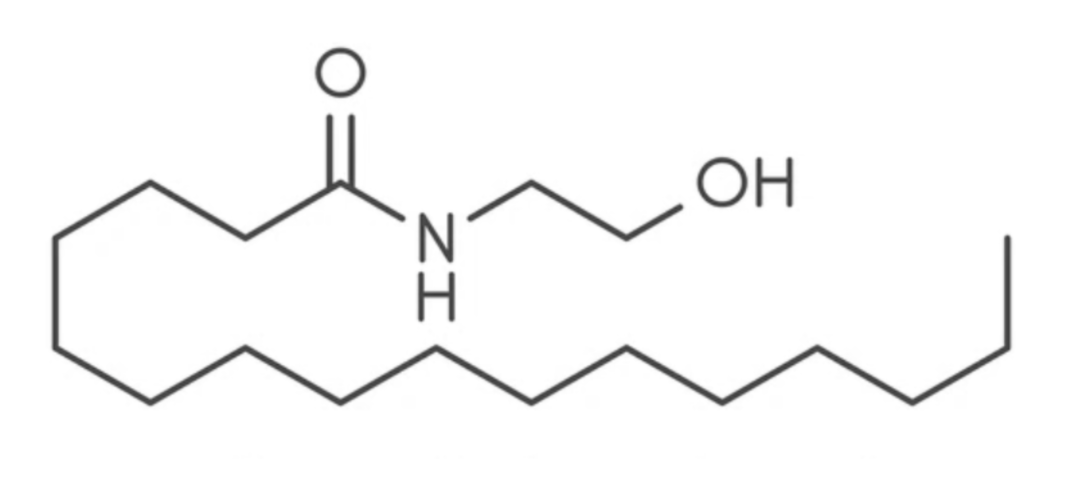
palmityoylethanolamide (pea)
Optimize your brain health at a cellular level

Palmitoylethanolamide (PEA) is a substance naturally found in the body, which is produced to protect cells against damage.
This powerful substance improves brain health and has neuroprotective properties.
PEA has been shown to:
- Increase survival of neurons
- Support healthy levels of (neuro)inflammation
- Stimulate new brain cell formation
- Support overall brain health
- Support healthy movement and coordination
- Reduces minor pains & discomfort
Scientific studies:
- Effects of Palmitoylethanolamide on Neurodegenerative Diseases: A Review from Rodents to Humans.
- Ultra-micronized Palmitoylethanolamide: An Efficacious Adjuvant Therapy for Parkinson's Disease
FAQ
Answers to common questions: your quick guide to clearing doubts and getting informed about Threhalose.
What is trehalose and what does it do?
Trehalose is a disaccharide sugar composed of two glucose molecules linked together. It is a natural sugar found in various organisms, including bacteria, yeast, fungi, plants, and invertebrates. Trehalose has been investigated for its potential role in mitigating the accumulation of misfolded proteins, such as alpha-synuclein in Parkinson's disease. It may promote the clearance of these proteins through autophagy, a cellular process that removes damaged or dysfunctional components.
How do I take trehalose?
Take 10 grams, 2 or 3 times per day. Dissolve in water, lukewarm beverages, or add to yoghurt
How might trehalose contribute to the management of Parkinson's symptoms?
Trehalose is thought to promote the clearance of misfolded proteins, such as alpha-synuclein, which accumulate in the brains of individuals with Parkinson's disease. By inducing autophagy, trehalose may facilitate the removal of these protein aggregates, potentially slowing the progression of the disease. It's essential to note that while these findings are promising, clinical trials are necessary to determine the safety and efficacy of trehalose in the management of Parkinson's symptoms. Individuals considering trehalose supplementation for Parkinson's should consult with healthcare professionals for personalized advice.



